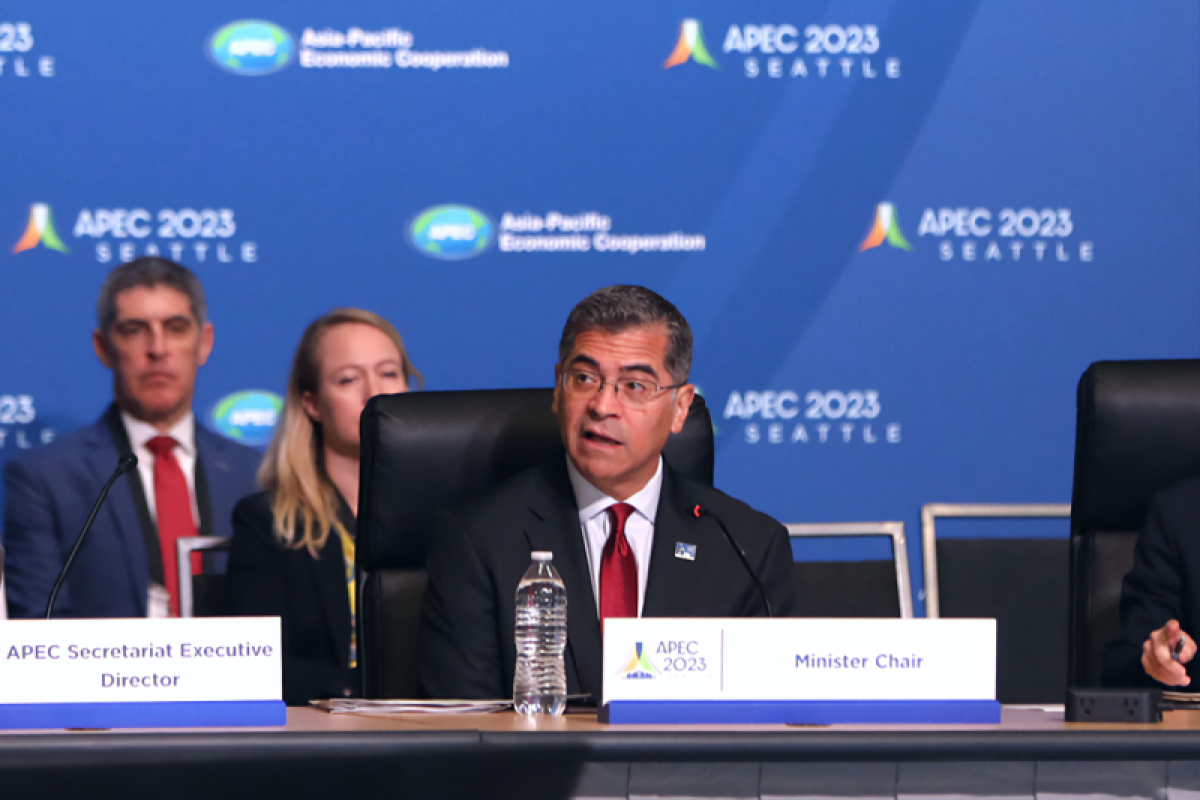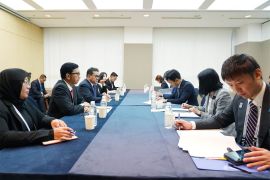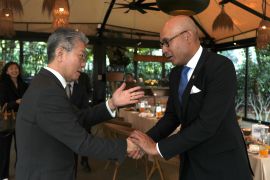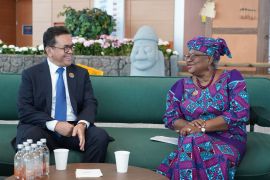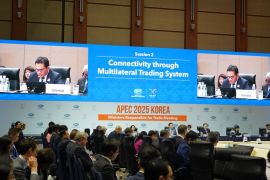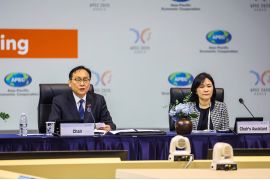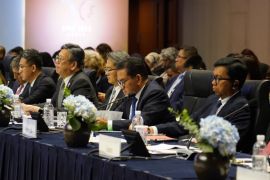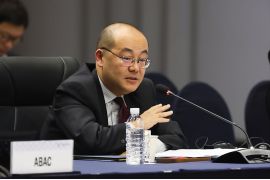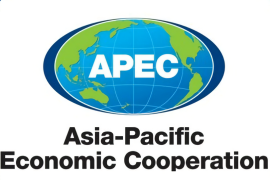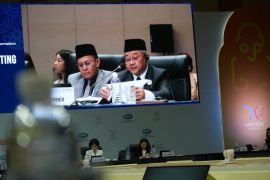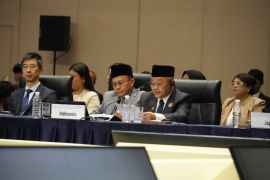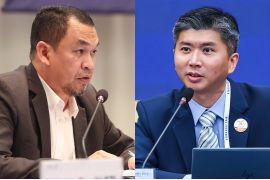Convening in Seattle against the backdrop of increased threats to people’s wellbeing and the economy at large, ministers reiterated their commitment to reinforcing the region’s health systems to better prepare and respond to future pandemics and health emergencies through sustainable health financing and innovative digital health.
They were quoted in a release issued by the 13th APEC High-Level Meeting on Health and the Economy and received here on Monday.
"Without sustainable financing, we cannot ensure resilient, inclusive, and equitable health systems," the United States Secretary of Health and Human Services Xavier Becerra, who chaired the 13th APEC High-Level Meeting on Health and the Economy, stated.
"Without strong primary care systems, our health systems and people are more vulnerable and less prepared for the next pandemic," Becerra emphasized.
The APEC Healthcare Financing Roadmap reported that average government spending on health in the APEC region has remained below five percent in the last two decades, increasing only slightly from 2.8 percent of the gross domestic product (GDP) in 2000 to four percent of the GDP in 2017.
Furthermore, out-of-pocket spending on healthcare has almost doubled between 2003 and 2016, reaching around US$400 per capita. Almost one in five people in the APEC region are at risk of falling into extreme poverty, as their healthcare burdens increase.
Recognizing that governments have competing priorities and limited budgets, ministers looked at how public and private sector funds could be leveraged together and considered measures to increase the role of the private sector.
They also explored the use of innovative and alternative financing models to deepen the level of coverage provided in APEC economies.
"We are here because as we rebuild from the COVID-19 pandemic, we must address the gaps and losses in health services from the past three years and strengthen our health systems for future pandemics," Becerra added.
He emphasized that all APEC economies need to ensure sustainability, resiliency, equity, and inclusion.
"Everyone --economies, civil society partners, philanthropies, businesses-- must step up to build solutions that can prevent, prepare, and respond to future pandemics and other biological threats," he noted.
Secretary Becerra also called for intensifying cooperation in exploring the opportunities for digital health, expanding immunization programs, treating mental health, and advancing regulatory harmonization.
"Let us look seriously at the global threat of antimicrobial resistance, the need for medical supply chain resiliency, the intersection of climate and health, and One Health and the economy," he said while urging APEC health ministers to deepen their commitment to improving public health.
“The healthier people are, the less likely they are to get sick or face serious consequences when they do. Let us move from a focus on illness care to one that prioritizes wellness. All of this, together, advances global health security and wellbeing," he said.
The Asia-Pacific Economic Cooperation (APEC) is a forum for 21 economies in the Asia-Pacific region to discuss and promote trade and economic cooperation. Among its members are Indonesia, Australia, China, Japan, South Korea, Singapore, Canada, Russia and the United States.
Related news: APEC members push for economic resilience, interconnectedness
Related news: APEC trade ministers urged to strengthen multilateral trade
Reporter: Yuni Arisandy Sinaga
Editor: Tia Mutiasari
Copyright © ANTARA 2023
